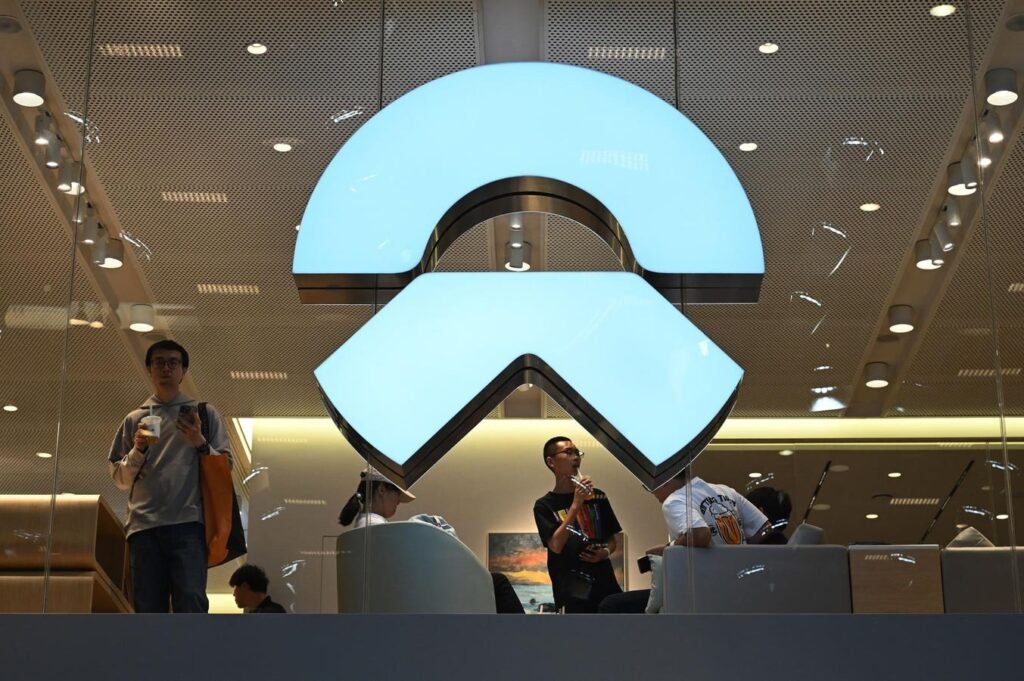Chinese luxury electric vehicle maker Nio has seen its stock decline by 55% year-to-date, while rival Xpeng’s stock is down by 46% over the same period. Despite this, Nio posted strong monthly deliveries in July, shipping 20,498 vehicles, with SUV sales growing but sedan sales declining. The company has delivered 107,924 vehicles year-to-date, up 43.9% year-over-year. Comparatively, Li Auto delivered 51,000 vehicles in July, an increase of 49.4% year-over-year, while Xpeng delivered 11,145 vehicles, up 1% year-over-year. Nio’s underperformance in the stock market is attributed to concerns about the Chinese economy, trade barriers, and losing ground to rivals.
NIO stock has dropped 90% from early January 2021 to around $4, impacted by concerns about the Chinese economy, trade barriers for Chinese EV imports, and losing ground to Li Auto. Nio has underperformed the S&P 500 over the last three years, with negative returns in 2021, 2022, and 2023. In comparison, the Trefis High Quality Portfolio, containing 30 stocks, has outperformed the S&P 500 in the same period, offering better returns with less risk. The uncertain macroeconomic environment, high oil prices, and elevated interest rates may further impact Nio’s performance in the stock market in the next 12 months.
Despite economic concerns, the Chinese EV market shows promise, with new government incentives for consumers to switch to electric and low-emission vehicles. Nio plans to enter the lower end of the market with its new sub-brand model, the Onvo L60, priced below its main brand vehicles. Nio’s stock currently trades at $4 per share, around 0.8x consensus 2024 revenues, which is relatively inexpensive given the company’s projected revenue growth of over 20% this year and 35% next year. However, Chinese stocks like Nio face higher risks due to potential regulatory and political concerns, as well as trade tensions with the US and rising trade barriers in Europe.
In the midst of a global EV market slowdown, Chinese EV companies like Nio, Xpeng, and Li Auto are navigating challenges while exploring opportunities. Nio’s strategic move to introduce a more affordable model could help boost sales and market share, despite the risks associated with the Chinese market. The competition between these companies is fierce, as they vie for a larger piece of the growing EV market in China and internationally. The future performance of Nio’s stock will depend on various factors, including its ability to stay competitive, navigate regulatory challenges, and meet the evolving demands of consumers.
Investors may be cautious about Nio’s stock given its recent performance and the challenges faced by the Chinese EV market. However, the company’s focus on expanding its product range, entering different market segments, and addressing regulatory concerns could help drive future growth and stock performance. As the global EV market continues to evolve, Nio’s ability to adapt and innovate will be crucial in maintaining its competitive position and attracting investors. Overall, while the road ahead may be challenging, Nio’s strategic moves and market potential point towards a possible recovery in the future.

